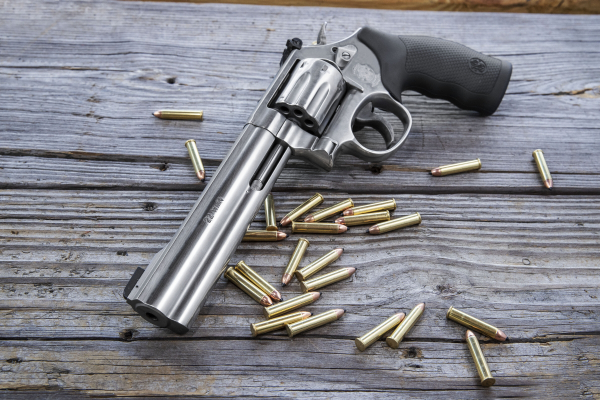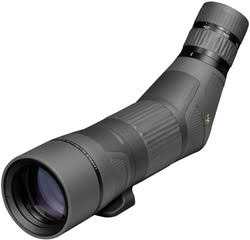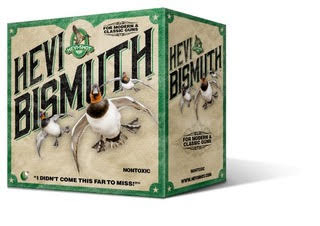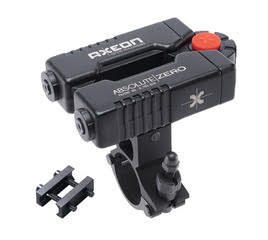Hobie Accessories Prove a Solid Complement to Any Kayak Fishing Rig

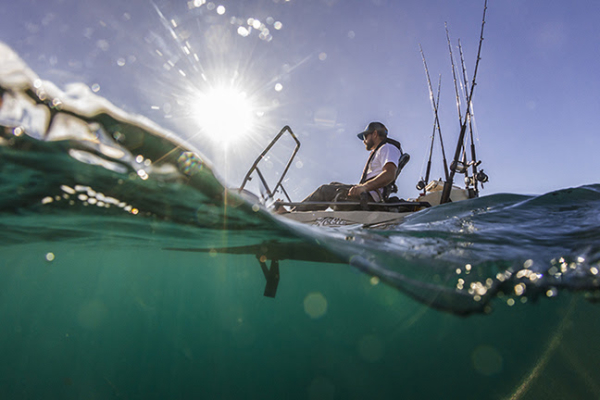
OCEANSIDE, Calif. – Whether you like to keep your kayak fishing simple or prefer to outfit with all the bells and whistles, there’s no doubt that some level of accessorizing can make for better days on the water. From live bait and tackle management solutions to products improving onboard ergonomics and boat transport, Hobie offers a complete range of highly practical accessories for today’s kayak angler.
Livewell V2
Looking for a better way to keep live bait frisky? Look no further than Hobie’s eight-gallon Livewell V2. The Livewell V2 is built from heavy-duty molded plastic, making it lightweight and strong. It features a sturdy, eight-inch Twist and Seal hatch lid for quick access and secure bait containment. A high-quality sealed marine switch controls a high-output pump that circulates oxygenated water in the tank, keeping fish alive and healthy. An adjustable drain tube allows for easy water-level management, and removable tank partitions keep bait accessible in a rounded environment. A pump cap is included for filling the tank with non-circulating water, while a threaded drain plug allows the tank to be completely emptied after each use. Hobie’s Livewell V2 comes factory-equipped with three rod holders, and up to eight rod holders can be added, depending on the kayak model. Read more




